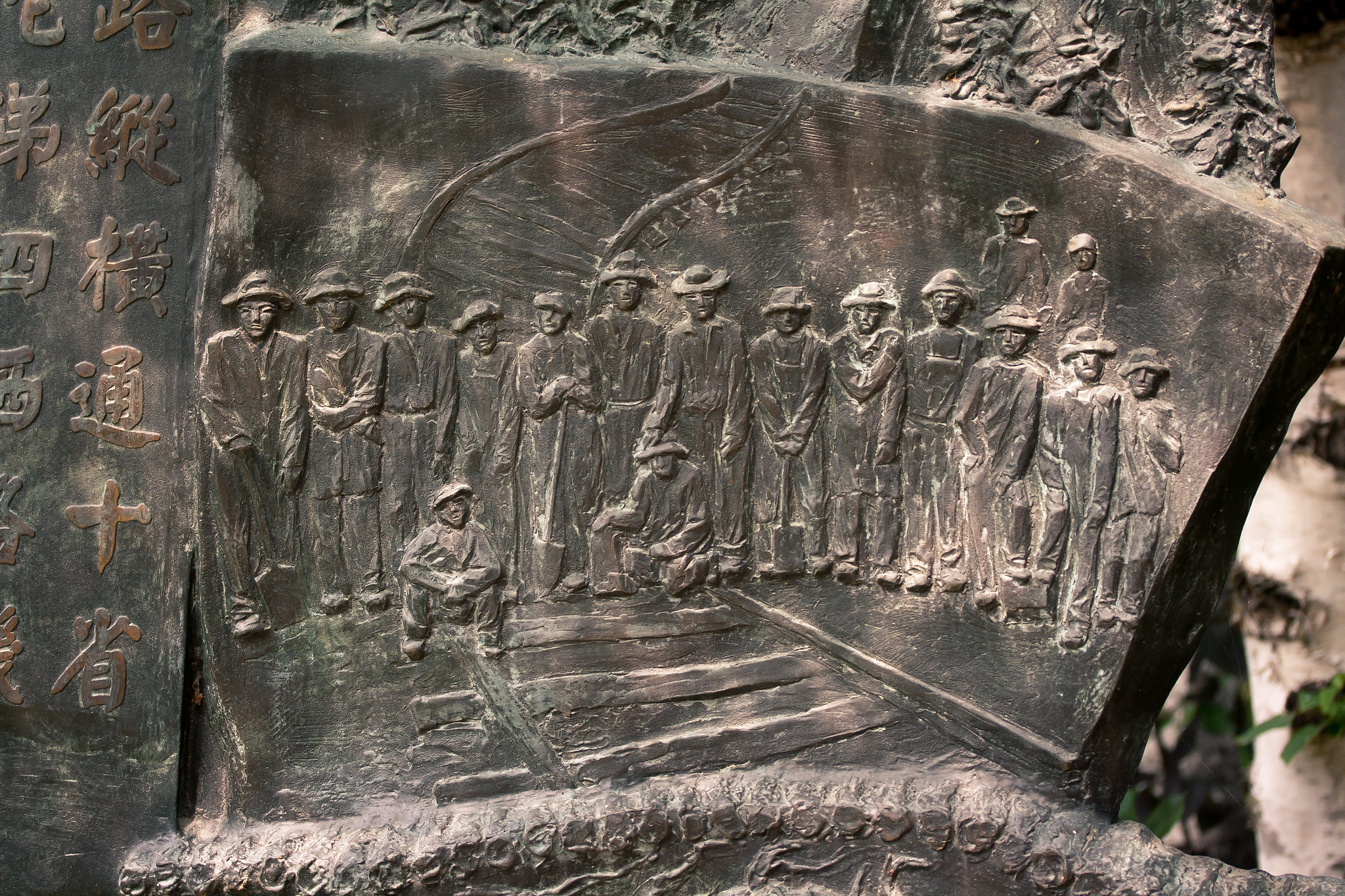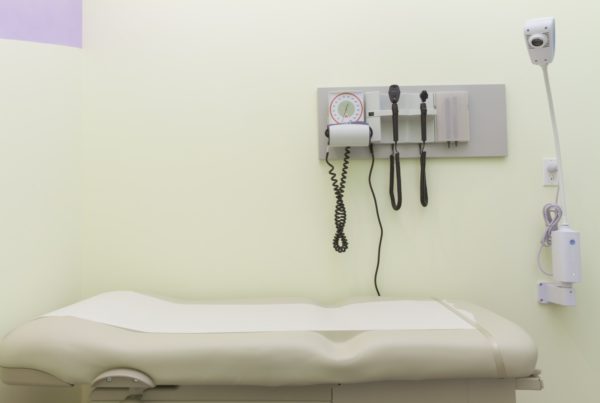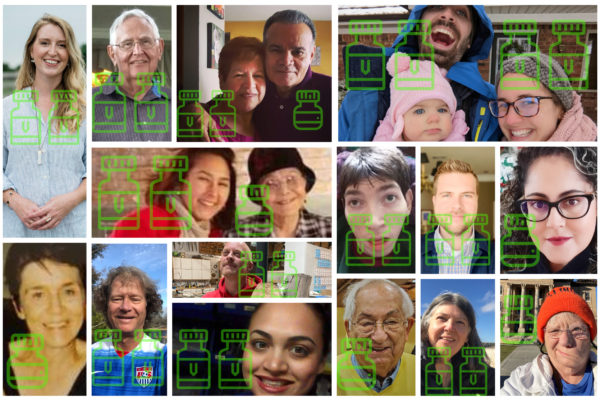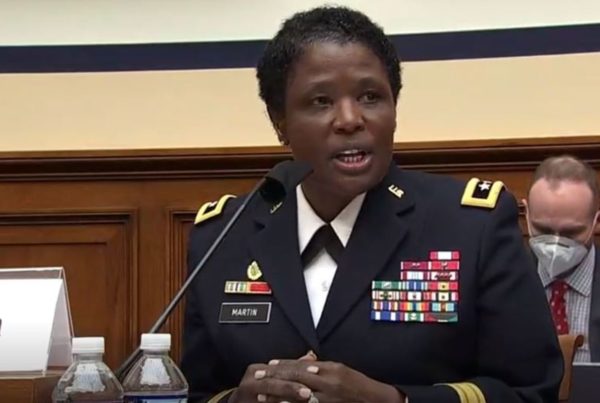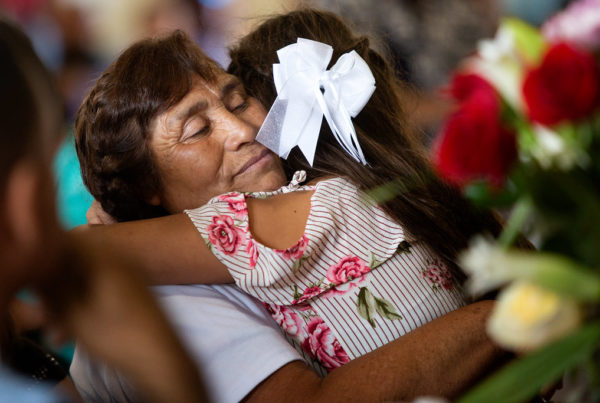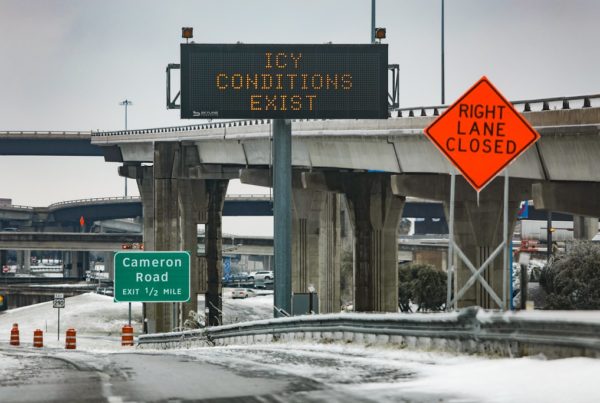The recent mass shootings at three Atlanta-area spas are the deadly consequence of unchecked anti-Asian American racism, says Eric Tang, a professor at the University of Texas at Austin.
Tang is director for the Center for Asian American Studies at UT-Austin. He says racism against Asian Americans has been a dark aspect of American culture for more than a century. Only recently has the problem come back into the spotlight because of the COVID-19 pandemic, and disparaging language used by former President Donald Trump.
“No one can say that they didn’t see this coming,” Tang told Texas Standard.
In the early days of the pandemic, Trump started calling COVID-19 the “Wuhan virus” and the “Kung flu” and these terms Tang says were intended to place blame on China for the pandemic. But that language has also helped fuel anti-Asian American sentiment. Tang calls it “race-baiting” and “scapegoating” of a population already vulnerable to discrimination.
“Asian American stereotyping isn’t, you know, un-American, as President Biden suggested last week, but quintessentially American,” Tang said. “We’ve done this time and time again, and it’s had deadly consequences.”
Tang says Asian Americans are trapped in a bind of being rendered “invisible” to the rest of American society but they are also expected to be a “model minority,” a group that doesn’t complain or ask for help.
But that bind has made Asian Americans vulnerable to discrimination and hate for decades, going back to Chinese immigrants who worked on the West Coast in the late 19th and early 20th centuries. Discrimination continued during World War II and persisted through the middle of the last century and into the post-9/11 era. But Tang says most Americans don’t know that history.
“Asian American history, Asian American oppression, is something that, for the most part, people don’t take seriously,” Tang said.
He worries that the shootings in Atlanta could have been prevented had Trump’s rhetoric been different during the pandemic. He also says a public information campaign educating people about anti-Asian racism is needed. Had one come sooner, he argues, perhaps the roughly 4,000 other recent anti-Asian American hate crimes could have been prevented.
“The solutions at this point are, in some ways, they’re belated,” Tang said.


